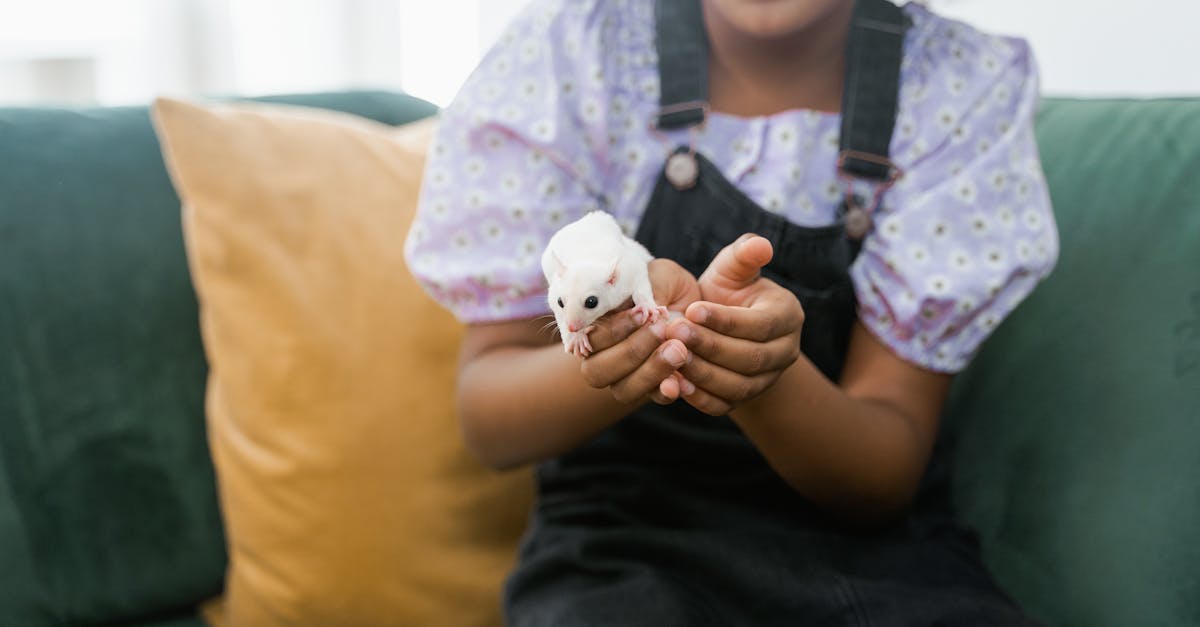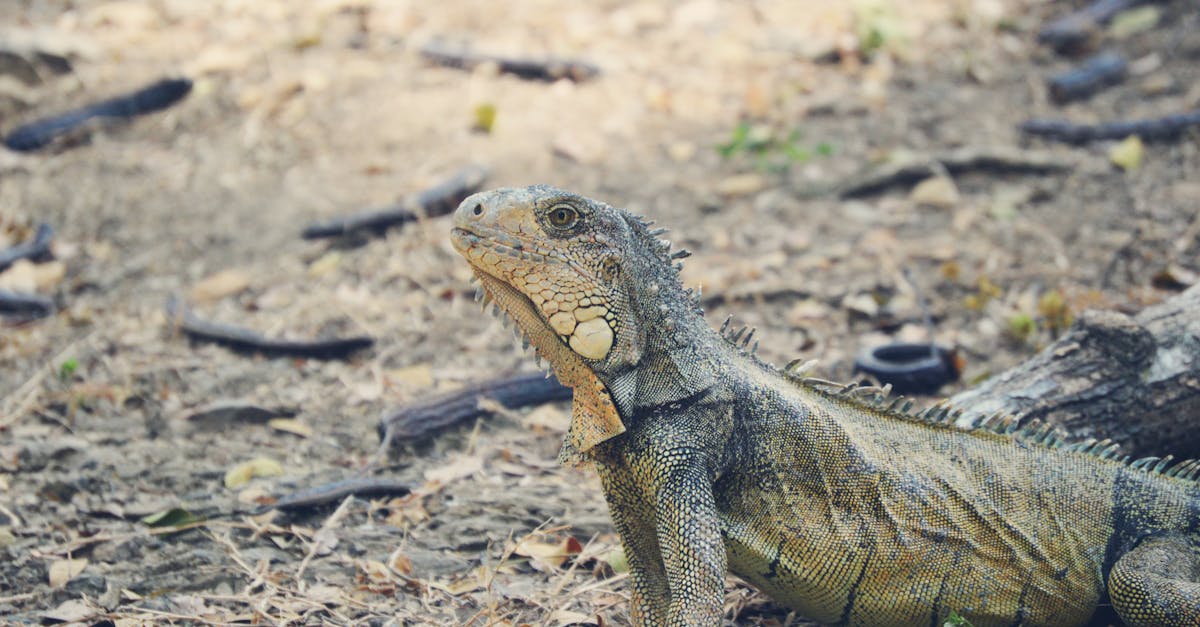Introduction: The Fascination with Exotic Pets
Ever wonder why people are so fascinated with exotic pets? It’s clear that the allure of owning something rare and unusual has captivated pet enthusiasts for generations. From colorful reptiles to unique mammals, the world of exotic pets offers a diverse range of possibilities that go beyond the typical cats and dogs. Interestingly enough, the desire to own such unique creatures often stems from a deep appreciation for biodiversity and the natural world.
Owning an exotic pet can be both a rewarding and challenging experience. The reality is that these animals often require specialized care, diet, and habitat to thrive. However, the joy and fulfillment they bring can be unparalleled. If you’re like me and have always been intrigued by the idea of owning an exotic pet, you might find this helpful as we explore some of the most unique exotic pets that are legal to own anywhere.
Unusual Mammals: Beyond the Ordinary
Fennec Foxes: The Desert Dwellers
Picture this: a small, adorable fox with oversized ears and a playful demeanor. The Fennec Fox, native to the Sahara Desert, is one of the most popular exotic pets. These nocturnal creatures are known for their large ears, which help dissipate heat and enhance their hearing. Fennec Foxes are social animals that can form strong bonds with their owners.
- Diet: Insectivore and carnivore diet; requires a mix of meats, fruits, and vegetables.
- Habitat: Needs a spacious enclosure with opportunities for digging and climbing.
- Legal Status: Generally legal in many places, but always check local regulations.
Sugar Gliders: The Tiny Acrobats
Here’s a thought: what if you could have a pet that glides through the air? Sugar Gliders are small marsupials from Australia that possess a membrane between their limbs, allowing them to glide from tree to tree. These social animals thrive in pairs or small groups and require a diet rich in protein and fresh fruits.
- Diet: Requires a balanced diet of insects, fruits, and specialized pellets.
- Habitat: Needs a large, vertical cage with plenty of branches and hiding spots.
- Legal Status: Legal in many states, though some have restrictions.
Capybaras: The Gentle Giants
What’s surprising is that the world’s largest rodent, the Capybara, can also be kept as a pet. These gentle giants are native to South America and are known for their calm and friendly nature. Capybaras are social animals that enjoy the company of their kind or even other pets.
- Diet: Herbivore; requires a diet of grasses, hay, and fresh vegetables.
- Habitat: Needs a large outdoor enclosure with access to water for swimming.
- Legal Status: Legal in several states, but some local restrictions may apply.
Reptiles and Amphibians: The Cold-Blooded Companions
Bearded Dragons: The Friendly Lizards
The other day, I was just thinking about how versatile and friendly Bearded Dragons can be as pets. Native to Australia, these reptiles are known for their docile nature and ease of care. Bearded Dragons are excellent pets for beginners and can be quite interactive.
- Diet: Omnivore; requires a diet of insects, vegetables, and occasional fruits.
- Habitat: Needs a spacious terrarium with proper lighting and temperature control.
- Legal Status: Generally legal to own in most places.
Axolotls: The Perpetually Young
Now that I think about it, the Axolotl might be one of the most fascinating creatures you can keep as a pet. Known as the Mexican walking fish, Axolotls are amphibians that retain their larval features throughout their lives. They are easy to care for and can live in a well-maintained aquarium.
- Diet: Carnivore; requires a diet of worms, small fish, and specialized pellets.
- Habitat: Needs a freshwater aquarium with proper filtration and hiding spots.
- Legal Status: Legal in many places, though some states have restrictions.
Birds: The Feathered Friends
African Grey Parrots: The Intelligent Talkers
It’s common knowledge that African Grey Parrots are among the most intelligent birds. These parrots are known for their exceptional talking ability and cognitive skills. They require a lot of mental stimulation and social interaction to thrive.
- Diet: Omnivore; requires a diet of seeds, fruits, vegetables, and nuts.
- Habitat: Needs a large cage with plenty of toys and opportunities for interaction.
- Legal Status: Generally legal, but always check local regulations.
Hyacinth Macaws: The Majestic Giants
From my point of view, Hyacinth Macaws are the epitome of beauty and grace in the bird world. These large, vibrant blue parrots are native to South America and are known for their strong beaks and playful nature. They require a lot of space and social interaction.
- Diet: Requires a diet of nuts, fruits, and specialized pellets.
- Habitat: Needs a large aviary with plenty of opportunities for climbing and playing.
- Legal Status: Legal in many places, but some restrictions may apply.
Invertebrates: The Unconventional Choices
Tarantulas: The Hairy Arachnids
Personally, I’ve found that Tarantulas can make fascinating pets for those who appreciate the beauty of arachnids. These large spiders come in various species, each with its unique coloration and behavior. Tarantulas are relatively low-maintenance pets that require minimal space.
- Diet: Carnivore; requires a diet of insects like crickets and mealworms.
- Habitat: Needs a small terrarium with proper humidity and hiding spots.
- Legal Status: Generally legal to own in most places.
Giant African Land Snails: The Slow Movers
Here’s a funny thing: Giant African Land Snails can be surprisingly engaging pets. These large snails are known for their slow movements and unique shell patterns. They are easy to care for and can be quite intriguing to watch.
- Diet: Herbivore; requires a diet of fresh vegetables and calcium supplements.
- Habitat: Needs a humid enclosure with plenty of substrate for burrowing.
- Legal Status: Legal in many places, though some regions have restrictions due to their invasive nature.
Conclusion: Embracing the Exotic
In my own life, I’ve noticed that owning an exotic pet can be a deeply enriching experience. It goes to show that with the right care and commitment, these unique creatures can become cherished members of the family. If you’re considering adding an exotic pet to your household, it’s essential to research thoroughly and ensure that you can meet their specific needs.
The benefits of owning an exotic pet are numerous. They can provide companionship, reduce stress, and offer a unique glimpse into the diversity of the animal kingdom. However, it’s important to remember that these animals often require specialized care and a commitment to their well-being.
Now you know some of the most unique exotic pets that are legal to own anywhere. Whether you’re drawn to the playful nature of a Fennec Fox, the intelligence of an African Grey Parrot, or the fascinating world of invertebrates, there’s an exotic pet out there for everyone.
So, what’s stopping you? Dive into the world of exotic pets and discover the joy and wonder they can bring to your life. Remember to always check local regulations and ensure that you can provide the care and environment these unique animals need to thrive. Happy pet owning! 🦊🐍🦜















